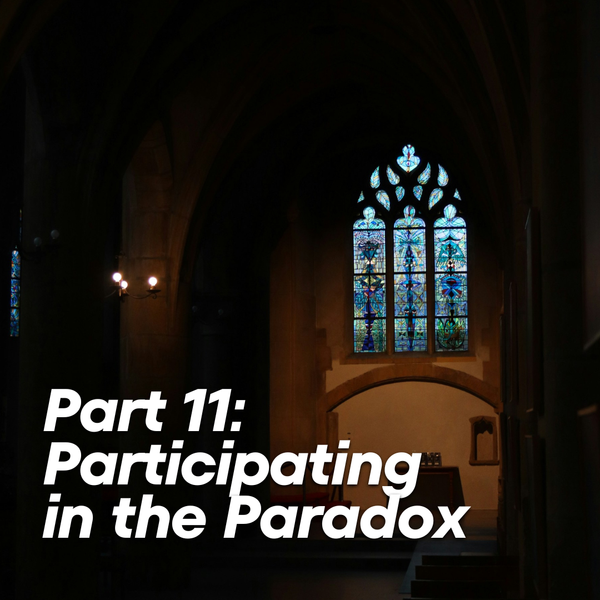Part 5: Quarantine and Connections

The only way to make sense out of change is to plunge into it, move with it, and join the dance.
— Alan Watts
We are all travelers in the wilderness of this world, and the best we can find in our travels is an honest friend.
— Robert Louis Stevenson





